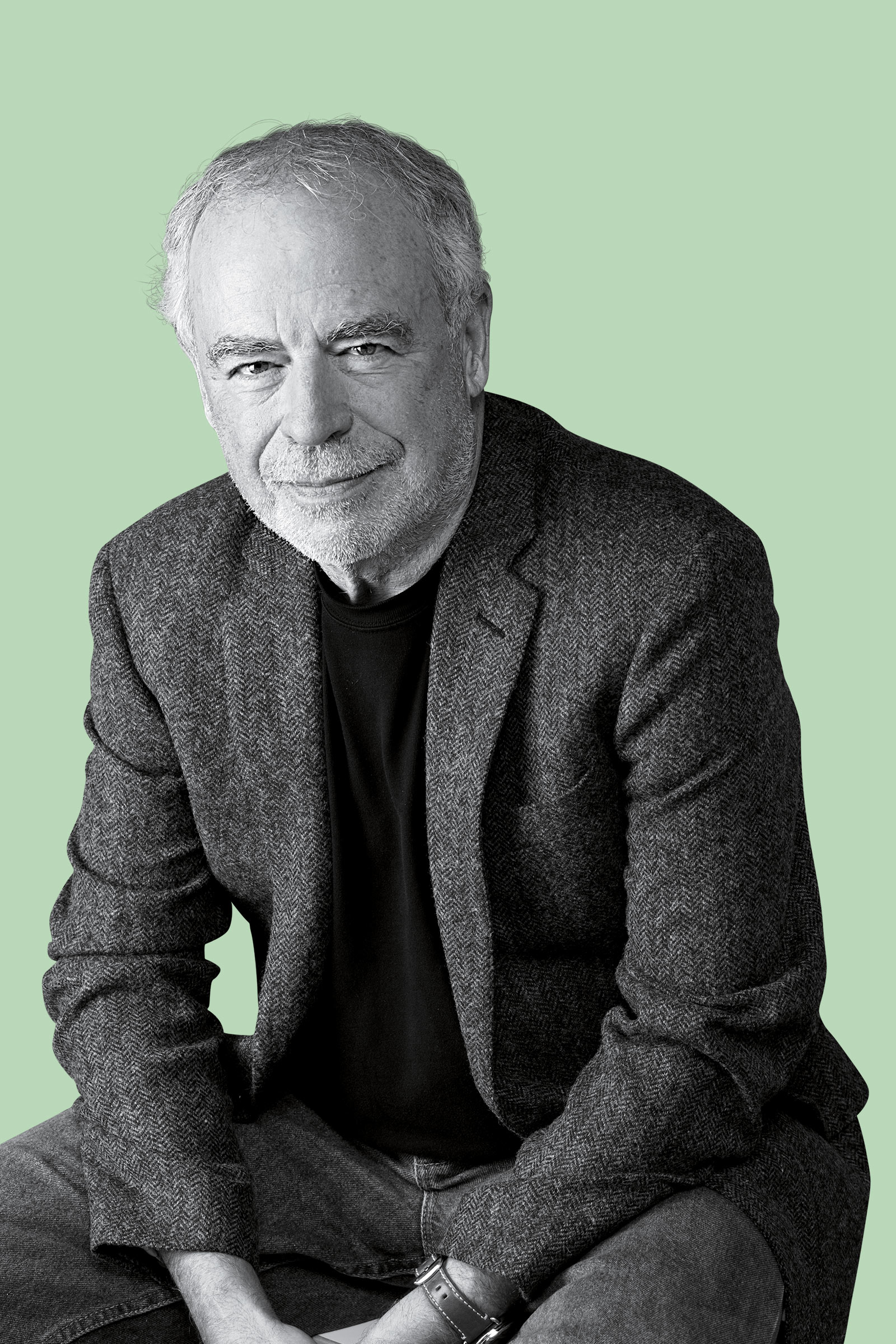
Richard Russo, the Pulitzer Prize winning author, talks to TIME about his new novel Chances Are …, our nearness to war and the truth about destiny.
You often use your life to inspire your books. Are you in the three 66-year-old friends at the center of Chances Are …?
My not wanting to go out too far on a limb, my worrying sometimes if I’m playing things too safe–all of that I off-loaded onto Lincoln. Teddy loves the life of the mind, but he knows that it can also stultify the heart. Mickey is just a kick-ass rocker. I had the same drive that Bruce Springsteen has, minus the talent.
The men look back on their memories of the Vietnam War draft lottery. What was that like for you?
I remember vividly being with friends at the University of Arizona, all the terrible jokes and the sense of conviviality when it began, and how we all drifted away to call home. I gave Teddy my own number: 322. There are certain times when it’s good to be smart and certain times when it’s good to be industrious, but that night it was good to be lucky.
How close do you think we are to a repetition of that scene?
Wars are what we know about ourselves as human beings. Whatever flaws we see in ourselves, and in our neighbors, friends and enemies, if there is such a thing as original sin, it’s that. And when it gets written large in world leaders, then yeah, it’s just hard to imagine we’re ever going to live in a world where war is not right around the corner.
Teddy says, “It might be argued that doing to your children what was done to you is the oldest story in the world.” How is that true–or not–for you?
My father came back from the war almost a middle-aged man. He’d been taking orders for about as long as he wanted to, and he damn well wasn’t going to start taking orders from my mother. I was just as scared as he was when it came time to be a father. But when they came home from school, when we sat down to dinner–my children were never going to wonder where I was.
The theme of toxic masculinity runs through Chances Are …, and a character rants about the “We Don’t Do Right by Girls” club. How does that resonate with you?
My two daughters have found wonderful husbands. As a father, I just breathe a sigh of relief, because there’s just a lot of bad men out there. Normally you’d say, all right, well, we don’t have to worry about that anymore. But, of course, now I have a granddaughter. I’m still terrified.
A review of one of your novels once posed the question of whether you’re a misogynist. What did you make of that?
I have to admit, having been raised Catholic, my first instinct when anybody says anything bad about me is always to say, “God, is that true?” At that point in my career, it could be said I had written an awful lot about male behavior and misbehavior. But I was very glad to see people rallied to my defense, and there weren’t an awful lot of others coming in and saying, “That guy is such a dick.” I don’t know who that young woman was, but I have no doubt she believed what she was saying was true, and she had every right to say it.
Many of your books deal with fate, the new one included. Do you believe in destiny?
There are certain things that are fated, that no matter how hard we try are beyond our ability to alter or shape. There are certain things over which we do have agency. And then of course there is dumb luck. But suppose you put me in exactly the same place where I started, with the same parents, living on the same street, and you gave me 99 more tries. There would be 99 different outcomes.
More Must-Reads From TIME
- The 100 Most Influential People of 2024
- The Revolution of Yulia Navalnaya
- 6 Compliments That Land Every Time
- What's the Deal With the Bitcoin Halving?
- If You're Dating Right Now , You're Brave: Column
- The AI That Could Heal a Divided Internet
- Fallout Is a Brilliant Model for the Future of Video Game Adaptations
- Want Weekly Recs on What to Watch, Read, and More? Sign Up for Worth Your Time
Write to Lucy Feldman at lucy.feldman@time.com